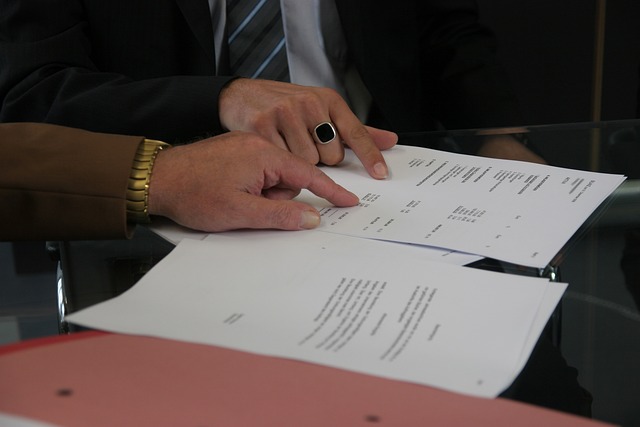
PH: (847) 549-0600 FX: (847) 589-2263 Info@LawJTLG.com

Are you accumulating more debts than you can pay? Bankruptcy is an effective way to re-strategize your finances and get creditors off your back. It offers individuals and businesses relief from some or all debts, depending on the type of Bankruptcy. The automatic stay stops creditors from harassing you through letters and phone calls, eliminates unsecured debts, and halts foreclosure and repossessions.
Declaring Bankruptcy can be stressful, considering its negative impact on certain aspects of your life and that of your beneficiaries. An experienced bankruptcy attorney can help you determine the best kind of Bankruptcy for your situation and file for Bankruptcy in Illinois. At Johnston Tomei Lenczycki & Goldberg LLC, our skilled bankruptcy attorneys understand applicable bankruptcy rules and regulations to help you with complex court filings and strict deadlines.
Bankruptcy is a legal proceeding when an entity or individual cannot repay their outstanding debts. In this situation, the petitioner’s debts exceed their assets, making it impossible to repay them. Declaring Bankruptcy allows the debtor to liquidate their assets or create a repayment plan with the help of an economic advisor to settle their financial obligation.
The Federal Bankruptcy Court governs Bankruptcy under the U.S Bankruptcy Code. However, each state has laws protecting certain property from creditors in what is known as exempt property. When declaring Bankruptcy, you can file a petition under one of the chapters of the Bankruptcy code, depending on how much you owe, how much you are willing to lose and whether you are a business or an individual.
They include:
Chapter 7, also referred to as liquidation bankruptcy, is the fastest and easiest way to clear debts. The Illinois state decides the possessions you can keep, and a bankruptcy trustee sells all your non-exempt property to pay as much debt as possible. It suits individuals and businesses that want to go out of business.
Also known as reorganization bankruptcy, Chapter 13 allows people or sole proprietors with regular income to adjust their debt and pay over 3 to 5 years. The court approves the repayment plan and discharges the individual or business from all its pre-bankruptcy debts. Chapter 13 allows you to keep most of your property, allowing you to continue operations and regain control of your finances.
You must meet certain requirements to qualify for bankruptcy discharge. The discharge can relieve you from the obligation to pay debts such as medical bills, personal loans, and credit payments. However, it cannot erase certain debts, including court-ordered child support, alimony, taxes, student loans, government, and court fines and penalties.
The Last Will and Testament contain instructions on how you would like your property to be distributed when you pass on. Generally, how much debt you have amassed determines what happens to your property upon death. In addition, all debts must be paid before your beneficiaries get their gifts or inheritances.
If you had declared Chapter 7 bankruptcy at the time of your death, then your assets will be sold to pay off your creditors without interruption. Some exemptions include household goods, motor vehicles, clothing, and retirement savings accounts. Your beneficiaries will only receive the remaining assets and property once the case concludes.
Chapter 13 bankruptcy is more complicated since it involves a repayment plan running 3-5 years, and you are actively involved in paying the debt. When a debtor dies, the beneficiaries and the trustee often petition the court on what to do. This can be:
Once the trustee and survivors present their request to the court, the judge will decide based on the best action for all parties involved.
But what happens when your heir is in the midst of Bankruptcy when you die? When you die before your beneficiary files for Bankruptcy or in the midst of Bankruptcy, the inheritance will go to the creditors. However, when you pass away after your heir is discharged from Bankruptcy, the creditors have no claim on your property.
Bankruptcy provides debtors relief from debts while giving creditors a chance for repayment. The Illinois bankruptcy laws also protect certain personal property from liquidation to help you get up on your feet after Bankruptcy. Our experienced bankruptcy attorneys are well-versed in Illinois bankruptcy regulations and the complexities that may arise. We will help you determine the best type of Bankruptcy to protect your estate and your beneficiaries. Contact the law office of Johnston Tomei Lenczycki & Goldberg, LLC to schedule a free consultation with our lawyers to discuss your bankruptcy case in Illinois.
Phone Number: (847) 549-0600
Fax Number: (847) 589-2263
Libertyville Office
350 N. Milwaukee Ave., Ste. 202
Libertyville, IL 60048
Manchester Office
2100 Manchester Road, Suite 920
Wheaton, IL 60187